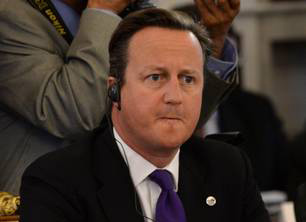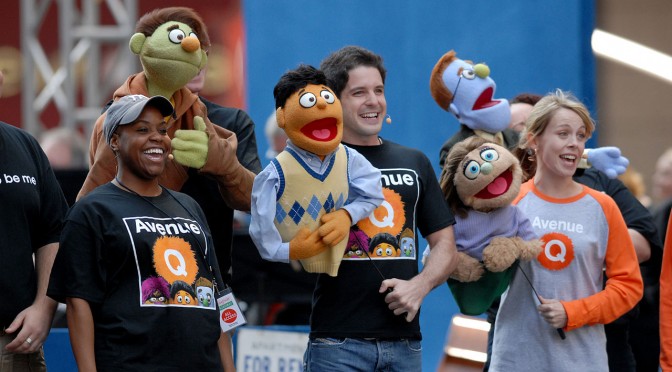Poor old Claire Perry. Having championed Internet censorship child-protection filters, and become a hero to the Tory right and Daily Mail, she appears to have pissed off much of the remainder of the online public. She has steadfastly denied that filters are prone to massive and eternal overblocking, calling such claims “fanciful” only a few days ago. But, as long predicted, overblocking is a huge problem, and as anybody with an understanding of the technology can explain to Perry and Cameron, it can’t ever be adequately resolved: the problem is just too big.
Perry and Cameron have regularly insisted that ISPs can be left to run filters without need for regulation. So it must be enormously embarrassing for them that the UK Government this week announced plans to introduce – in a small way – regulation. In response to an avalanche of news about inappropriate blocking – from ChildLine to the Samaritans – the government has announced it will create a white-list of sites that must not be blocked.
The clear motivation for this is to avoid any more embarrassing news stories highlighting how inaccurate the filters are. The government can’t hope to prevent overblocking any more than the ISPs can, but at least they can ensure that key UK charities are not blocked. This announcement is an admission of failure.
But this move should not be greeted as a step in the right direction. In order to create and manage the white-list, the government needs to create – at taxpayer expense – an Internet censorship team, albeit one with a limited role, for the time being. The new list cannot possibly hope to resolve the majority of blocking errors – all it can do is ensure a small, elite list of websites remains accessible to under-18s.
Overblocking isn’t the main problem, filters are
So overblocking will continue – it just won’t attract as much media attention as before. But even if it could be resolved, this white-list avoids the critical concerns about the filters: overblocking isn’t the real problem. The problem is – still – the filters themselves.
The government still insists on perpetuating the dangerous myth that children are in danger online, and that the answer to this danger is censorship. It continues to pretend there is evidence that allowing children to explore the Internet can be harmful. It continues to ignore the fact that parental control software for PCs has been available for years, and child-friendly tablets are now on sale everywhere, making the need for further filtering redundant. It continues to spread the myth that denying children access to information is safe, rather than harmful. It continues to blur the very important line between young adults and pre-pubescent children. It continues to provide abusers a tool with which to deny their wife, husband, child, access to vital information.
The government admitted this week that the filtering programme has failed. But they maintain the pretence that the failure is a small one, and can be easily repaired. A government white-list will resolve these problems just as well as a severed limb can be repaired using a Post-It note.
If the UK government truly cares about child welfare, it will defend the right of teenagers to freely access the Internet, and it will educate parents as to how they can protect and educate their younger children. Of course they won’t: and meanwhile, they have created a new censorship function within government that we should be watching very carefully indeed.



